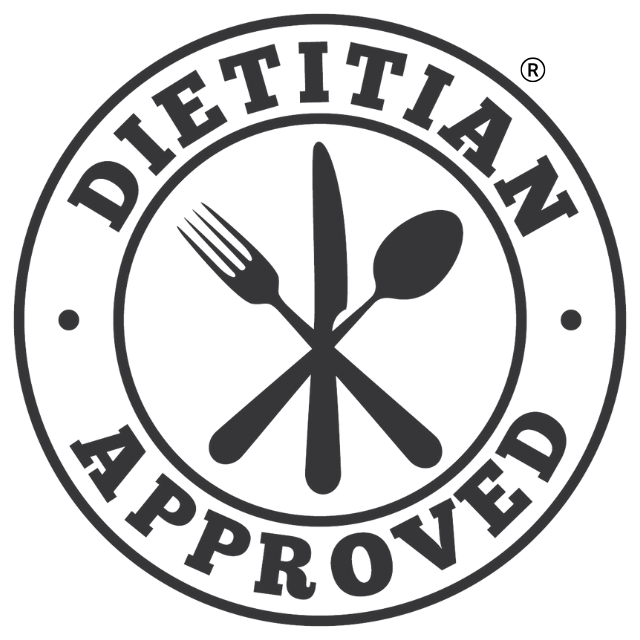
Nutrition to help you through Menopause
Feb 11, 2022Nutrition to help you through Menopause
Menopause can be a confusing and confronting time of life for many women. But what can we do to help us through the symptoms of Menopause from a nutrition and exercise perspective?
First things first, what is menopause?
- Menopause is the 12-month anniversary of your last period, whereas perimenopause is the time leading up to menopause
- Menopause occurs at an average age of around 55 but varies widely among women
- It is a natural aging progression and can actually be a really great time for women
What is happening to our body at Menopause?
- Oestrogen and progesterone will be at their lowest levels
- Luteinizing hormone (LH) and follicle-stimulating hormone (FSH) will often be high
What are some of the symptoms experienced during menopause?
- Poor mood, emotional instability and stress become more prevalent
- You may see a decrease in cognitive function, specifically learning and memory
- Our Immune system is decreased
- Appetite is affected – women often report a poor appetite
- Skeletal muscle loss which in turn may lower your metabolism
- Smooth involuntary muscle loss
- This can lead to changes in indigestion and/or gut transit time
- Can possibly lead to issues with insulin resistance
- Circadian rhythm changes make sleep more difficult or variable
- Increase in inflammation
- Muscle pain
- Arthritis
- Joint pain
- Reported Belly fat gain or what’s termed as the ‘Menopot’
What nutritionally can we do during menopause?
1. Increase the quality and quantity of protein
- Looking for sources with a high biological value and high in amino acids (particularly leucine) e.g., eggs, dairy, meat, chicken, fish
- There are lots of convenient food products that are high in protein e.g. Rokeby Farms smoothies, Chobani, YoPro, Siggi's, Carman's bars, Tasti muesli bars are great ideas, and are easily available at the supermarket
- Consider adding some protein into your pre-training nutrition as well as post-training nutrition
- The longer the sessions, focus on increasing your intake of amino acids t help with muscle/strength
2. Increased requirements for calcium
- As oestrogen has decreased, there is a higher need for calcium
- Aim for 1,200 to 1,300 mg/day
- This will help prevent the risk of falls and fractures and to increase functionality over the long term
3. Ensure adequate Vitamin D
- As the need for calcium increases, so does the need for vitamin D
- Vitamin D allows your body to absorb calcium
- You get this predominantly through sunlight
- There are some foods that provide Vitamin D, such as egg yolks, fortified dairy, baked mushrooms, beef liver, fish
- Check your levels with your GP if you’re unsure you have sufficient levels of vitamin D, particularly over winter where we may not get as much sun or the wavelength of light is inadequate to convert vitamin D to its active form
4. Creatine supplementation could assist during Menopause
- Females exhibit 70-80% lower endogenous creatine stores than males, which highlights a further need for potential supplementation for women
- This can help with energy production for training sessions
- Can help reduce the age-related decline of muscle mass
- A new study reveals it can also help with cognitive function
- How much? Aim for 0.3g/kg/day
5. Decreased focus on iron due to the absence of bleeding
- Iron needs decrease from 18mg/day to about 8mg/day during the phase of life
6. Fibre-rich diet
- Maximise the amount and diversity of grains in the diet
- This can help with insulin resistance
7. Include Omega-3s
- This will help with inflammation and general health
- Rich sources of omega 3’s include salmon, tuna, herring, mackerel, flaxseeds, chia seeds, walnuts, hemp seeds
What is the best type of exercise for post-menopausal women?
Post-menopause, we have a longer recovery time after training
1. Include regular resistance training
- This will help mitigate the muscle loss and bone mineral density caused by the drop in oestrogen
- This will also help increase strength, which will translate into more power output and speed as a triathlete
2. Include high-intensity interval training
- This will help add resistance
- This is also a great strategy to reduce the risk of belly fat gain by clearing blood sugar levels
3. Reduce slow, steady, endurance style training and racing
- Consider focusing on shorter distance events like sprint and Olympic distance triathlon rather than Ironman and ultra-endurance events
Is there anything you can do preventatively for younger women before reaching menopause?
- Consider including regular resistance and high-intensity interval training in your programming now.
- Discuss the menopause experience of those around you like your Mum or Grandma
- This will provide some insight into what to expect, particularly since these factors have a genetic component
To go deeper, listen to the Triathlon Nutrition Podcast Episode 27: Nutrition to help you through Perimenopause & Menopause - Part 2 with Angie Clark
If you’re interested in joining the Triathlon Nutrition Academy, pop your name on the waitlist NOW | Join the TNA Waitlist
If you are looking for a Sports Dietitian and want to learn more about working with me, click on the image below to see what I offer for private, 1 on 1 consultation.
Don't miss a beat!
New moves, motivation, and classes delivered to your inbox.
We hate SPAM. We will never sell your information, for any reason.



